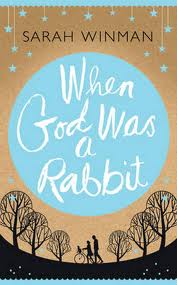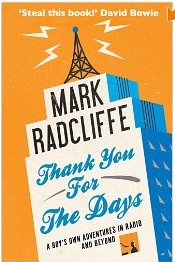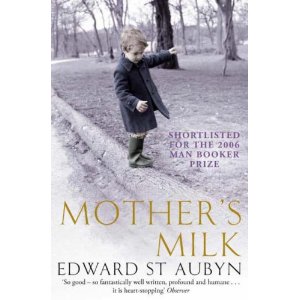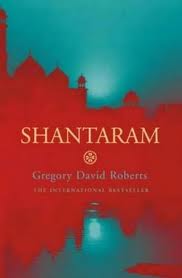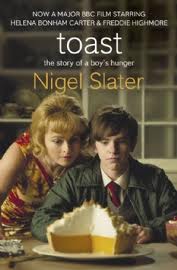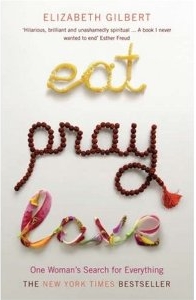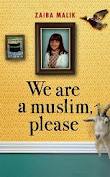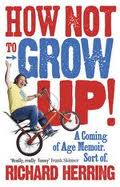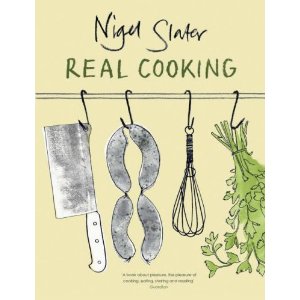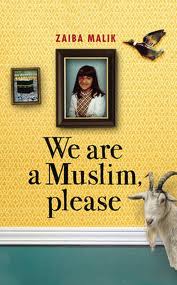I’d wanted Eat, Pray, Love mainly because I was interested in the Eat part in which (I’d heard) she goes to Italy and eats everything in sight. As it happened, food didn’t feature as much as I’d hoped. Even so, the book was a decent enough read and I have to take my hat off to her complete honesty throughout but I didn’t identify with most of it, apart from when she writes about not wanting to have children. I’m very glad someone is getting those points of view out there:
[I still can’t say whether I will ever want children. I was so astonished to find that I did not want them at thirty; the remembrance of that surprise cautions me against placing any bets on how I will feel at forty. I can only say how I feel now- grateful to be on my own. I also know that I won’t go forth and have children just in case I might regret missing it later in life; I don’t think this is a strong enough motivation to bring more babies onto the earth. Though I suppose people do reproduce sometimes for that reason – for insurance against later regret. I think people have children for all manner of reasons- sometimes out of a pure desire to nurture and witness life, sometimes out of an absence of choice, sometimes in order to hold on to a partner or create an heir, sometimes without thinking about it in any particular way. Not all the reasons to have children are the same, and not all of them are necessarily unselfish. Not all the reasons not to have children are the same, either, though. Nor are all those reasons necessarily selfish.]
[…To create a family with a spouse is one of the most fundamental ways a person can find continuity and meaning in American (or any) society. I rediscover this truth every time I go to a big reunion of my mother’s family in Minnesota and I see how everyone is held so reassuringly in their positions over the years. First you are a child, then you are a teenager, then you are a young married person, then you are a parent, then you are retired, then you are a grandparent – at every stage you know who you are, you know what your duty is and you know where to sit at the reunion. you sit with the other children, or teenagers or young parents, or retirees. Until at last you are sitting with the ninety-year-olds in the shade, watching over your progeny with satisfaction. Who are you? No problem- you are the person who created all this. The satisfaction of this knowledge is immediate, and moreover, it’s universally recognised. How many people have I hear claim their children are the greatest accomplishment and comfort of their lives? it’s the thing they can always lean on during a metaphysical crisis, or a moment of doubt about their relevancy – If I have done nothing else in this life, then at least I have raised my children well.
But what if, either by choice or reluctant necessity, you end up not participating in this comforting cycle of family and continuity? What if you step out? Where do you sit at the reunion? How do you mark time’s passage without the fear that you’ve just frittered away your time on earth without being relevant? You’ll need to find another purpose, another measure by which to judge whether or not you’ve been a successful human being. I love children but what if I don’t have any? What kind of a person does that make me?]
When my mind is quiet, these questions occasionally surface. Who am I and what is my purpose?
